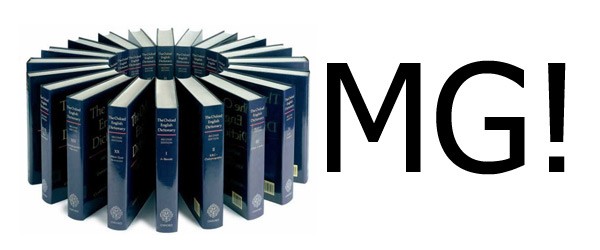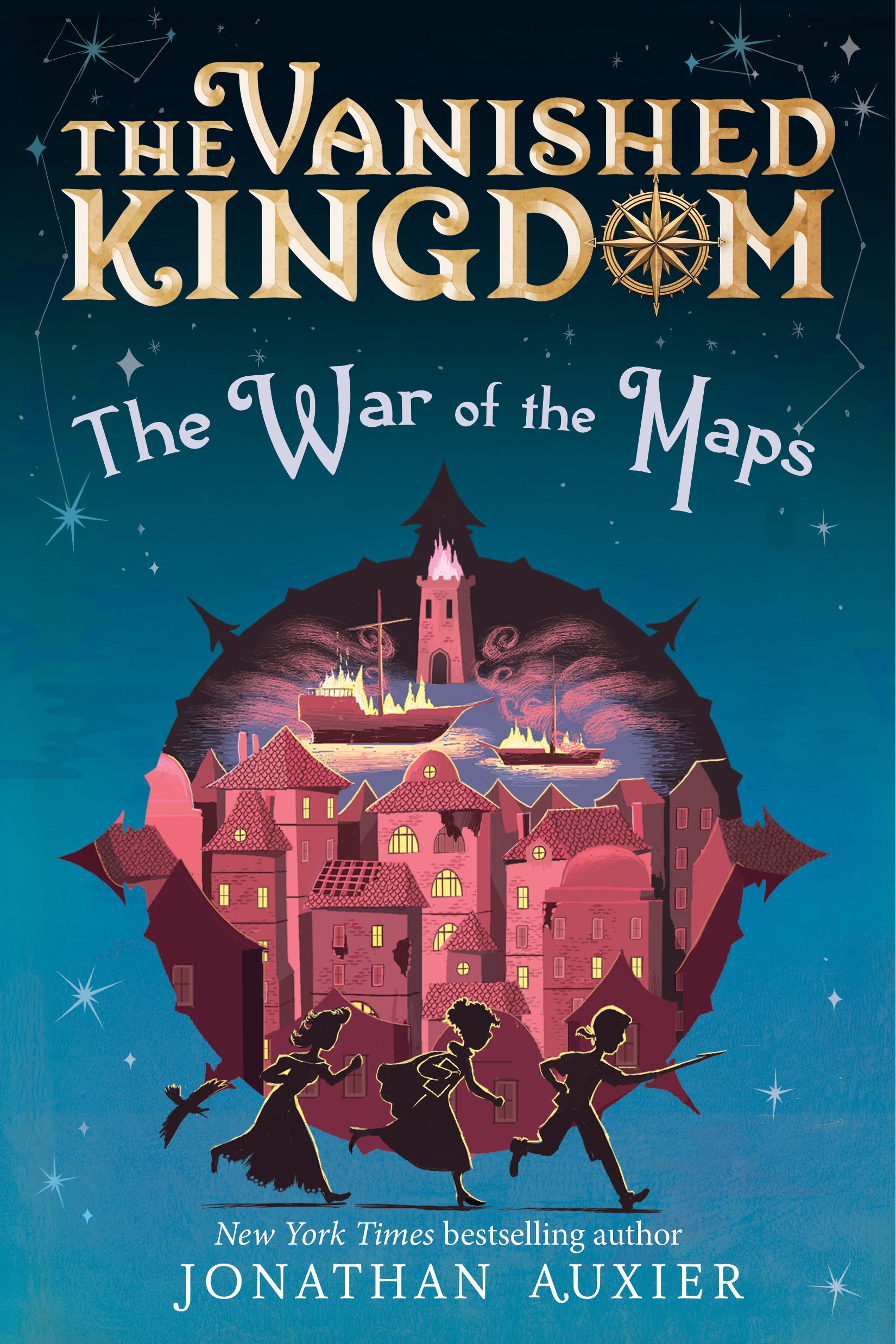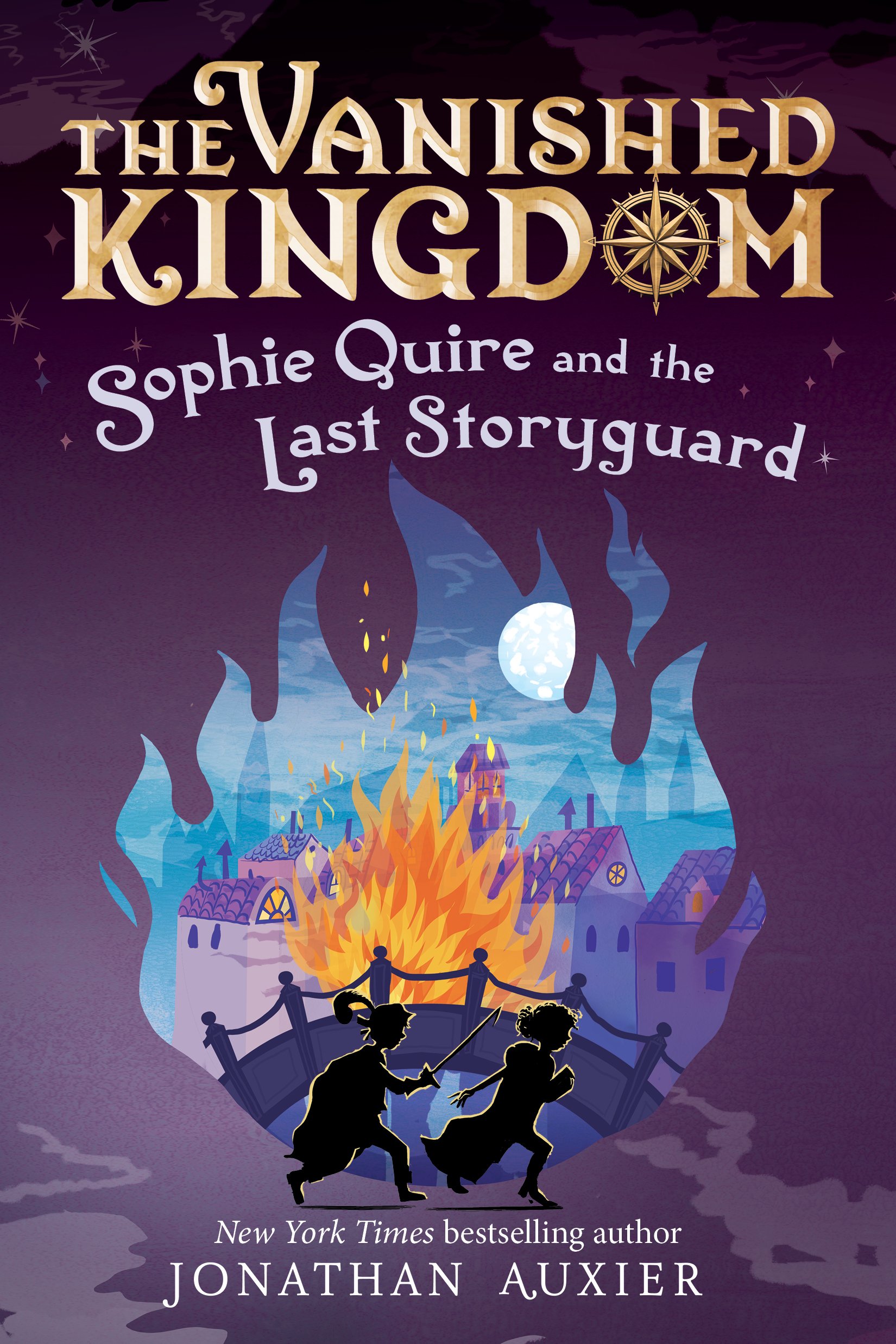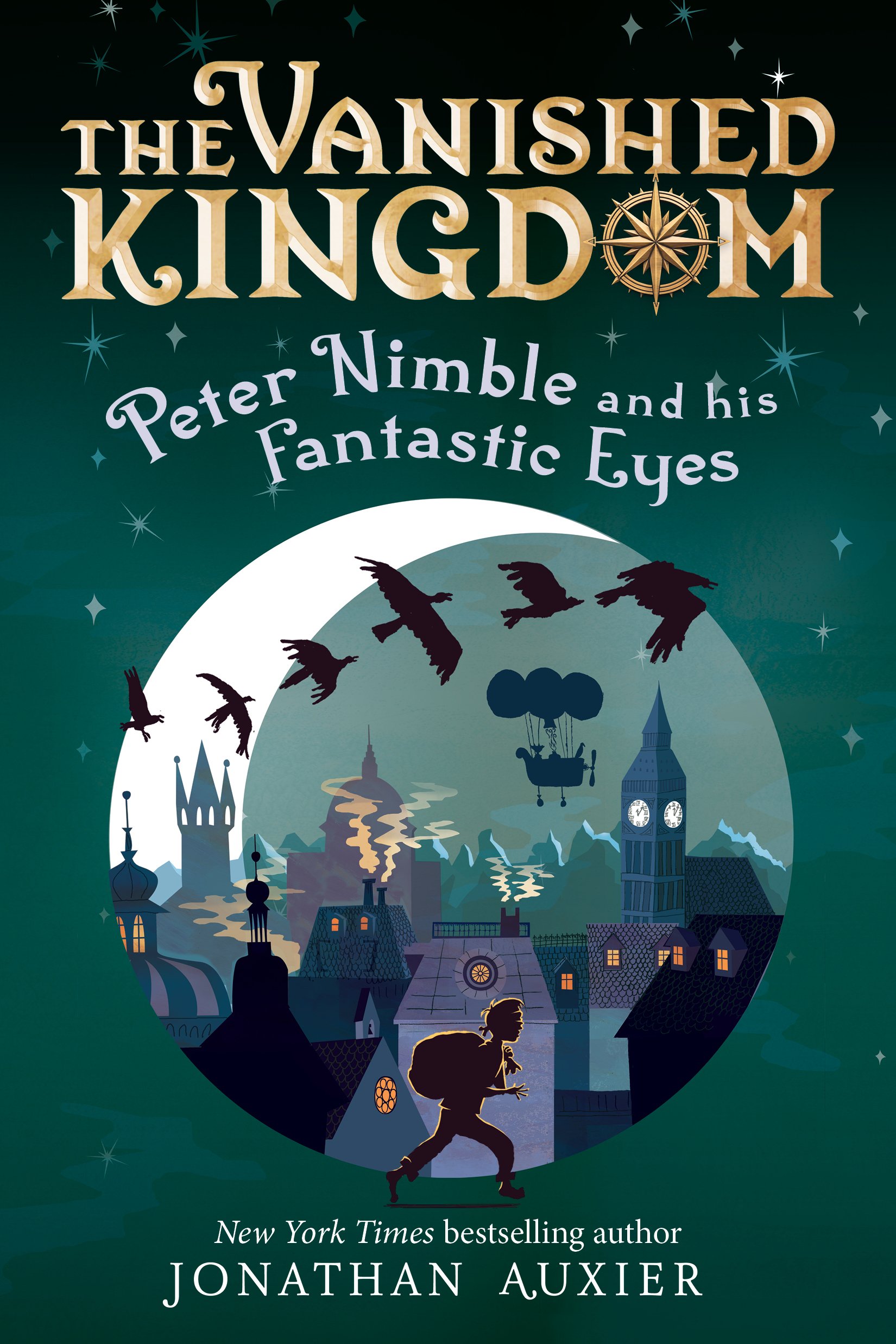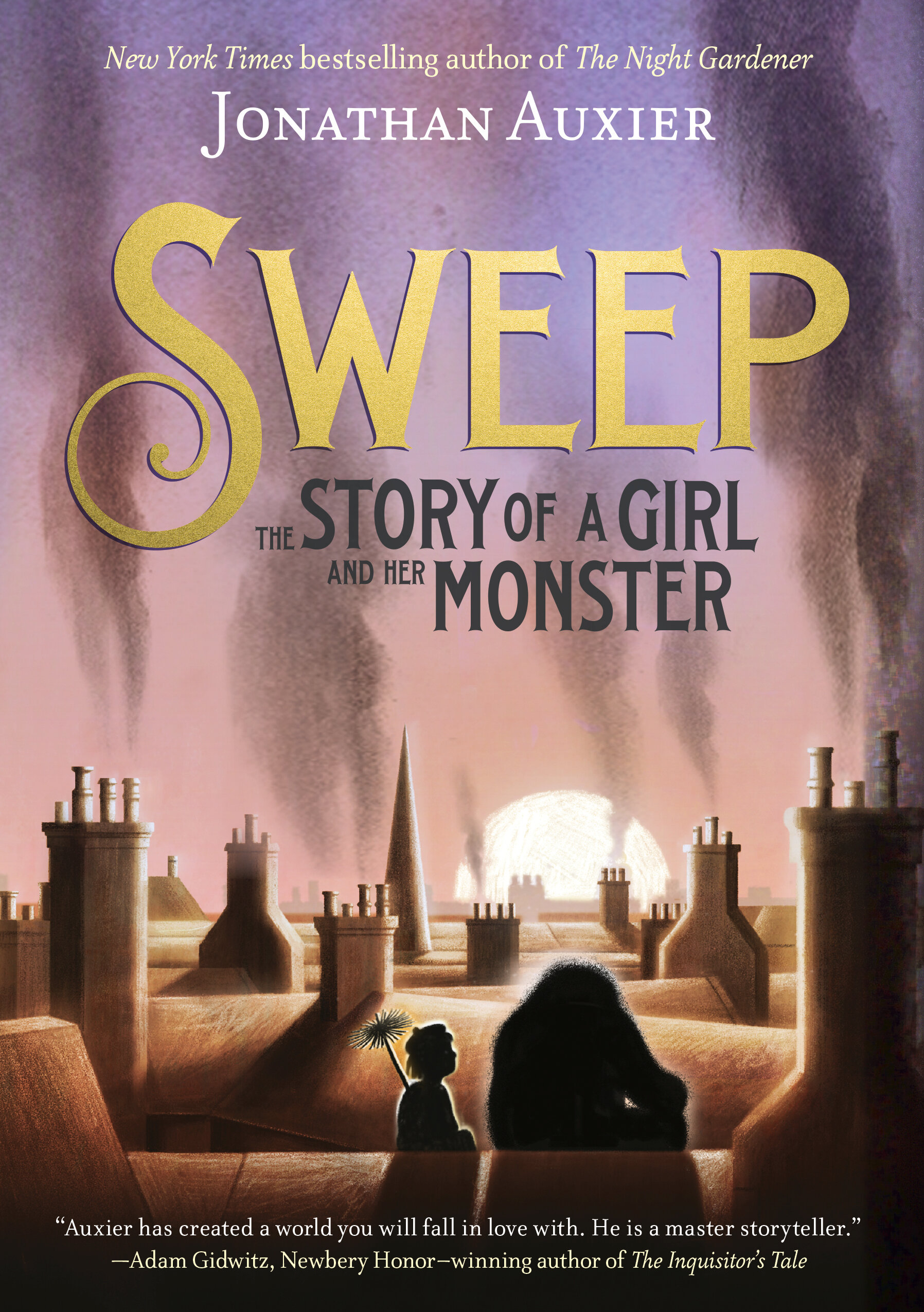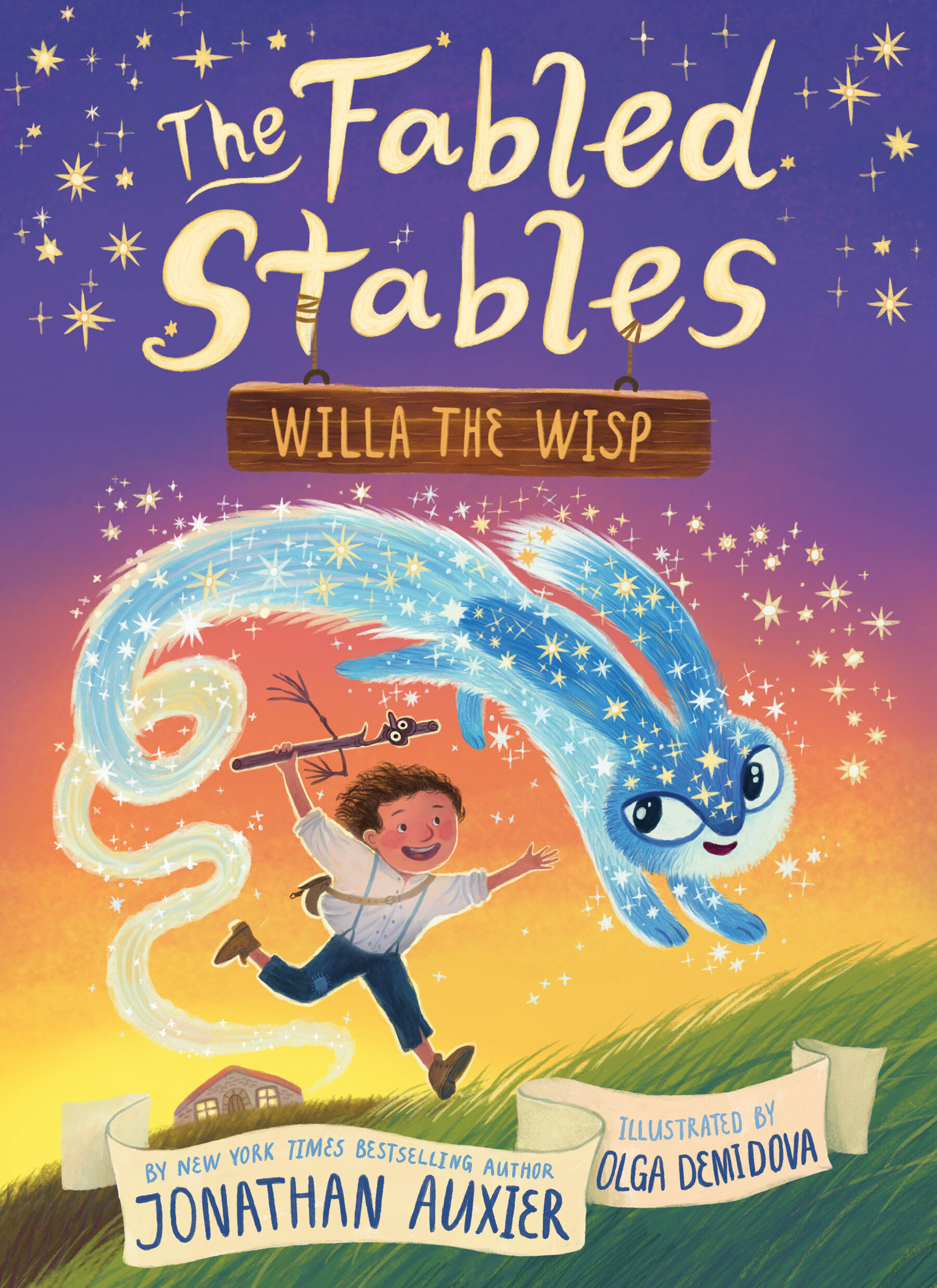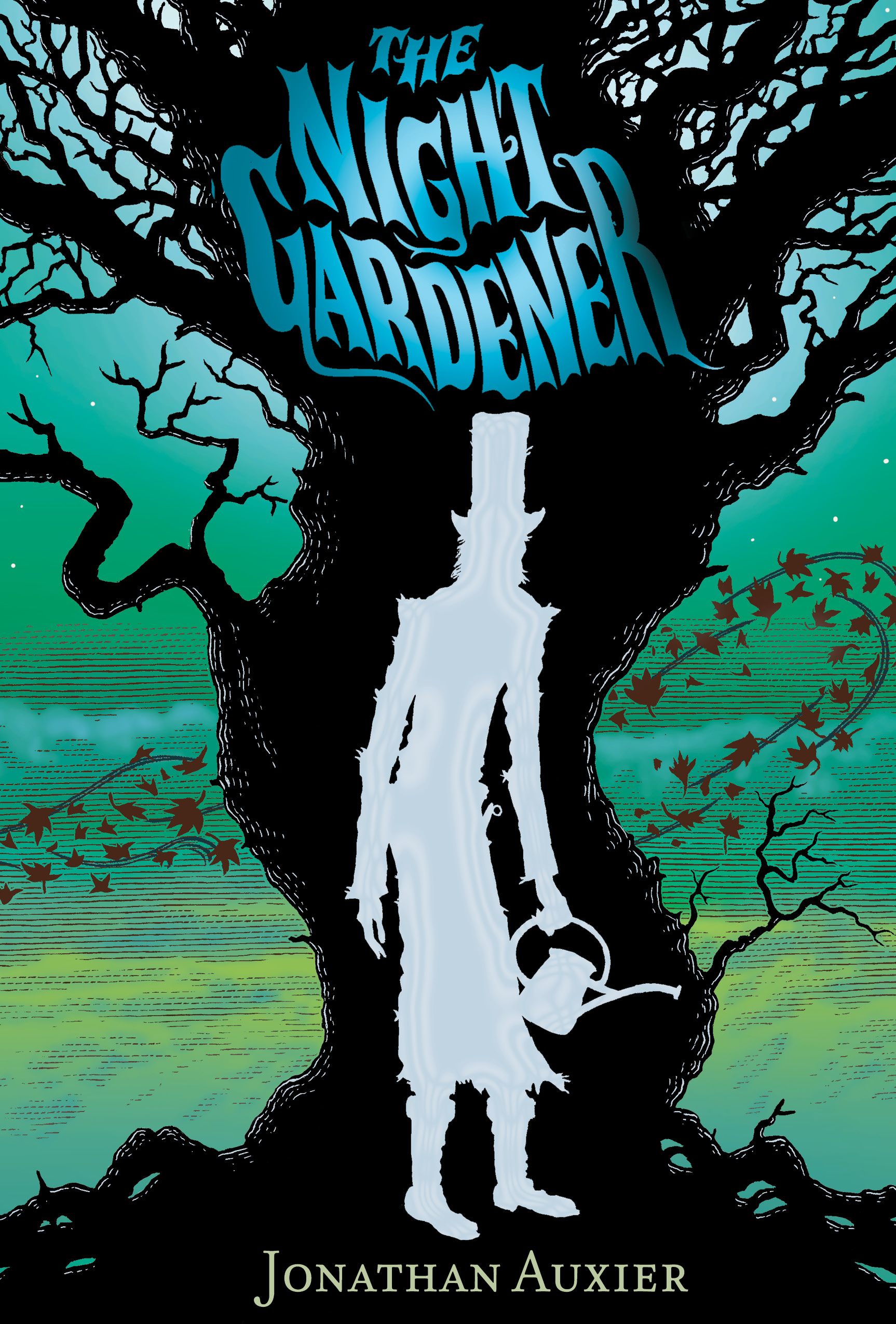Lewis Carroll and Portmanteaus ...
/I recently stumbled across commenter Lisa's new word blog This Wretched Hive.[1. The title of Lisa's blog makes me think all blogs should be named after things Obi Wan said.] Lisa writes smart, succinct posts about words old and new. One of my favorite pieces discusses portmanteaus. Portmanteaus are words that combine two different words to make something new: televangelist, spork, interrobang, etc.
I love portmanteaus because when done well, they brush up against word play. In fact, without that element, portmanteaus pretty much fail. Consider the example Lisa discovered in her grocery store:
"Portmanteau" is actually a French word for an upright trunk that has dresser-like compartments in one half and a hanging closet in the other.[2. I find a beautiful irony in the fact that the word portmanteau is a portmanteau -- being a combination of "porter" (to carry) and "manteau" (cloak).] I first discovered the word as a child when I read Lewis Carroll's introduction to "The Hunting of the Snark." He observes:
Humpty Dumpty's theory, of two meanings packed into one word like a portmanteau, seems to me the right explanation for all. For instance, take the two words "fuming" and "furious". Make up your mind that you will say both words, but leave it unsettled which you will say first ... if you have the rarest of gifts, a perfectly balanced mind, you will say "frumious".
Carroll is referring to something Humpty Dumpty says in Alice in Wonderland[3. "You see it's like a portmanteau -- there are two meanings packed up into one word."] in order to explain how a reader might be able to decode the made-up words in his famous nonsense poem, "The Jabberwocky."
 A few years later, while scouring footnotes in Martin Gardner's Annotated Alice (which I read nightly for over a decade), I discovered that Alice in Wonderland was actually the first time portmanteau was used in this linguistic sense. Way to be awesome, Lewis Carroll!
A few years later, while scouring footnotes in Martin Gardner's Annotated Alice (which I read nightly for over a decade), I discovered that Alice in Wonderland was actually the first time portmanteau was used in this linguistic sense. Way to be awesome, Lewis Carroll!



